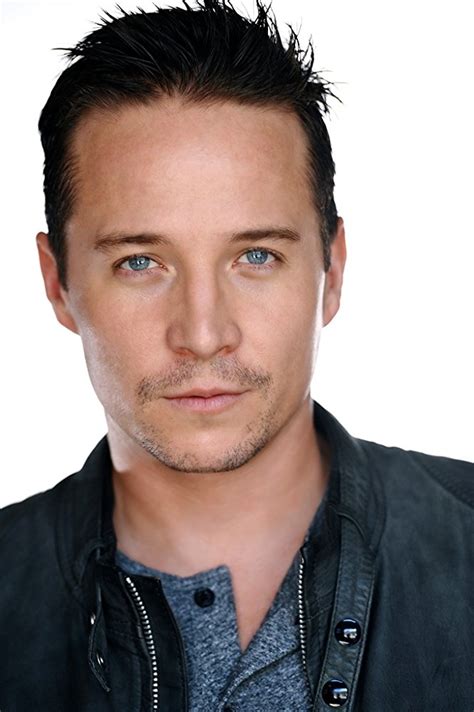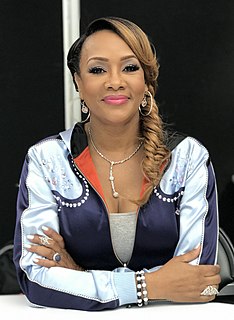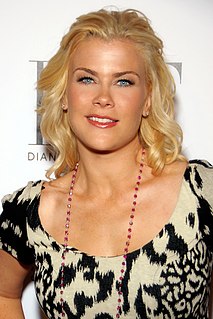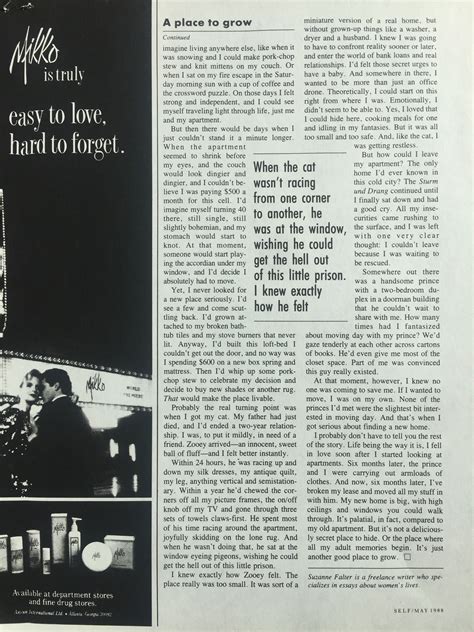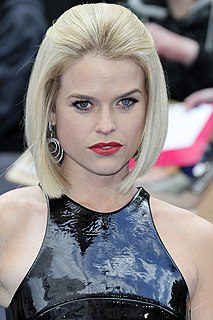A Quote by Fred Willard
If you're not doing something right, you can feel it on stage, and if it isn't going well, the audience will tell you. A teacher can teach you sense memory and this and that, but until you get in front of an audience, you don't really feel it.
Related Quotes
What I react against in other people's work, as a filmgoer, is when I see something in a movie that I feel is supposed to make me feel emotional, but I don't believe the filmmaker shares that emotion. They just think the audience will. And I think you can feel that separation. So any time I find myself writing something that I don't really respond to, but I'm telling myself, 'Oh yes, but the audience is going to like this,' then I know I'm on the wrong track and I just throw it out.
You feel the communion of the collective consciousness in that moment when you're on stage doing something and the audience is absolutely with you. And the audience becomes a collective entity as well. They come in from separate places and socio-economic backgrounds, and places across the world and days that they've had, and then they come together and they become one collective thing, and experience something in a collective way.
In film, the camera can get an array of shots so the audience can see the emotion the character is giving off. Using close-ups on the character's face really helps get the message across. On stage, you can't do that. But the stage has that live feeling that you can't get anywhere else because the audience is right there.
...You believe that the kind of story you want to tell might be best received by the science fiction and fantasy audience. I hope you're right, because in many ways this is the best audience in the world to write for. They're open-minded and intelligent. They want to think as well as feel, understand as well as dream. Above all, they want to be led into places that no one has ever visited before. It's a privilege to tell stories to these readers, and an honour when they applaud the tale you tell.
You see, what is my purpose of performance artist is to stage certain difficulties and stage the fear the primordial fear of pain, of dying, all of which we have in our lives, and then stage them in front of audience and go through them and tell the audience, 'I'm your mirror; if I can do this in my life, you can do it in yours.'
You see, what is my purpose of performance artist is to stage certain difficulties and stage the fear the primordial fear of pain, of dying, all of which we have in our lives, and then stage them in front of audience and go through them and tell the audience, I'm your mirror; if I can do this in my life, you can do it in yours.
In film, the camera can get an array of shots so the audience can see the emotion the character is giving off. Using close-ups on the characters face really helps get the message across. On stage, you cant do that. But the stage has that live feeling that you cant get anywhere else because the audience is right there.


